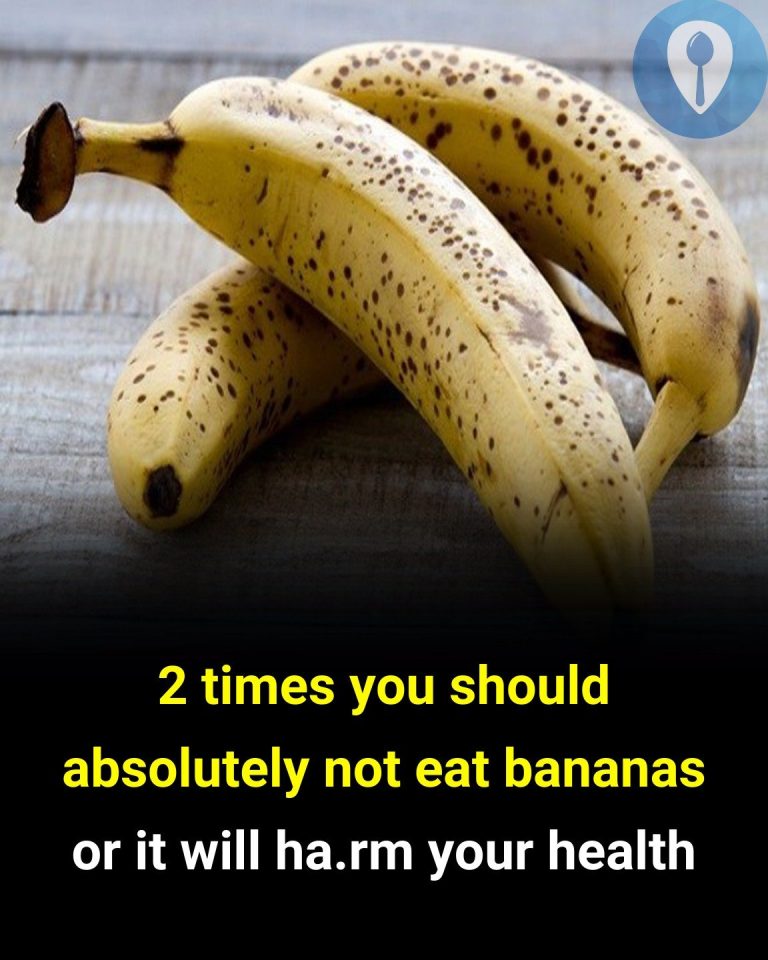Bananas are often celebrated as a convenient, nutritious fruit packed with essential vitamins and minerals. While they offer numerous health benefits for most people, there are specific situations when consuming bananas may do more harm than good. Understanding these exceptions can help you make better dietary choices and potentially avoid adverse health effects.
When Taking Certain Medications
The first critical time to avoid bananas is when you’re taking specific medications that interact with the potassium in bananas.
ACE Inhibitors and Potassium-Sparing Diuretics
Bananas are renowned for their high potassium content, with a medium-sized banana containing approximately 375mg of potassium. While this mineral is essential for heart health and blood pressure regulation, it can become problematic when combined with certain medications.
If you’re taking ACE inhibitors (such as lisinopril, enalapril, or ramipril) or potassium-sparing diuretics (like spironolactone), consuming bananas regularly could potentially lead to dangerous levels of potassium in your bloodstream, a condition known as hyperkalemia.
Symptoms of hyperkalemia include:
- Nausea and vomiting
- Irregular heartbeat
- Muscle weakness
- Fatigue
- Tingling sensations
In severe cases, hyperkalemia can lead to heart palpitations and even cardiac arrest, making this interaction potentially life-threatening.
Continued on next page
